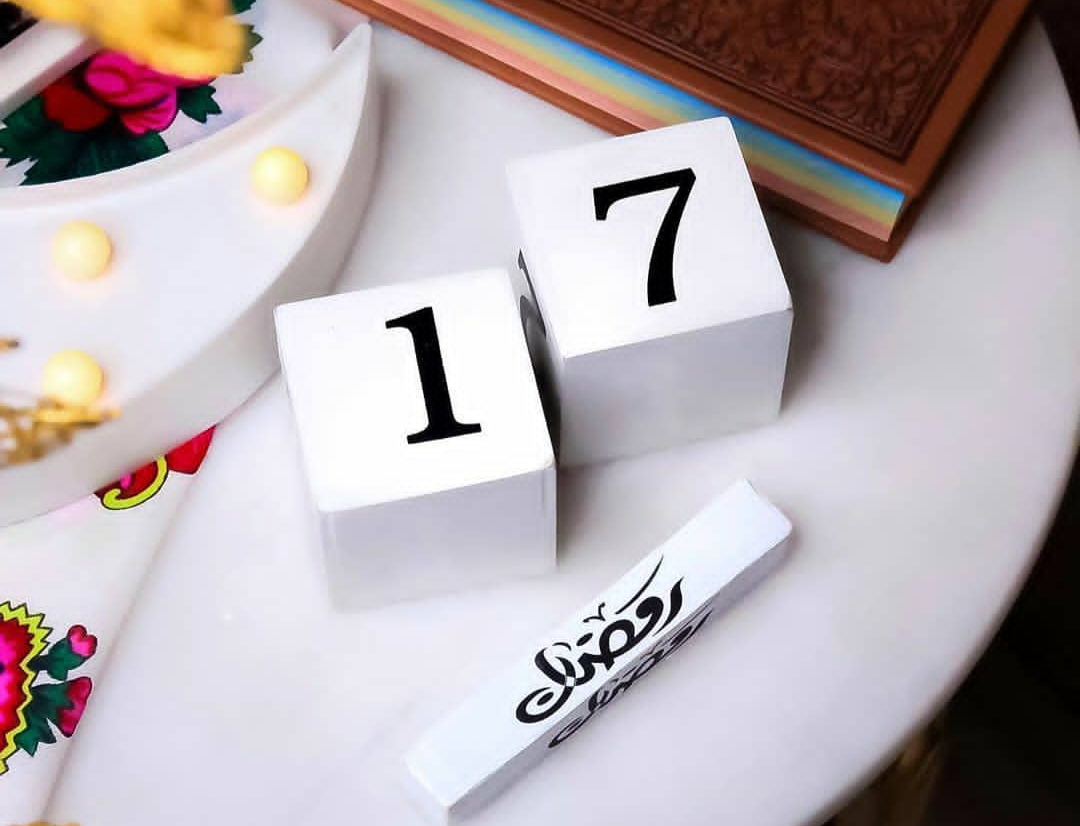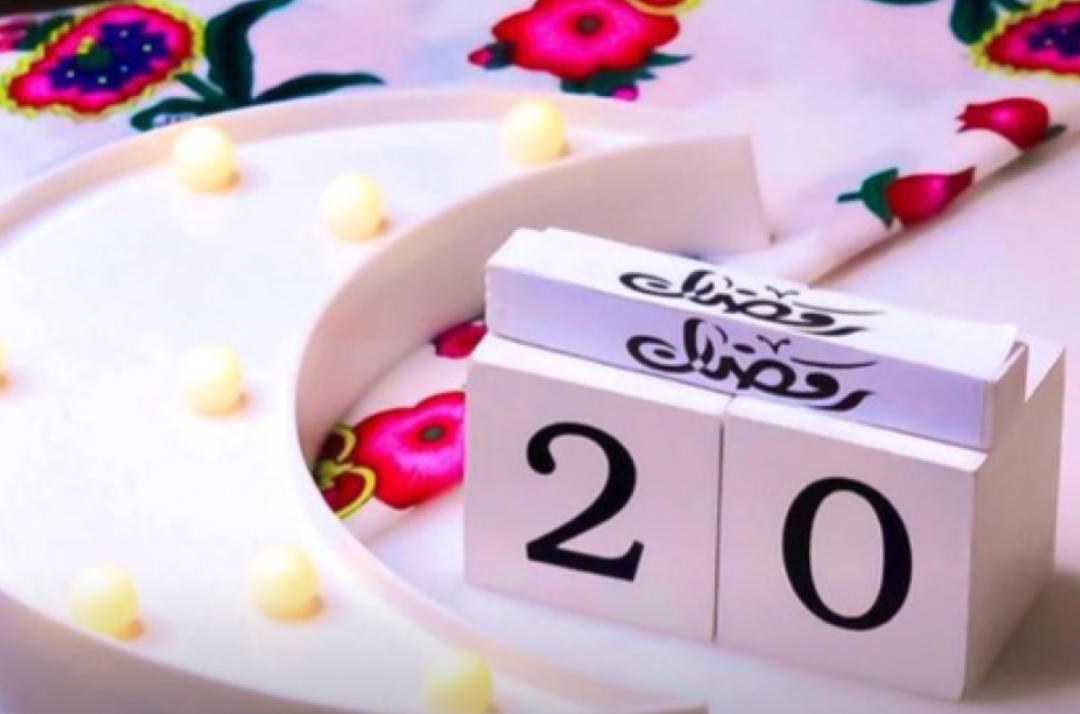Statements after Names
Question :
When we mention our Prophet's name or the name of any other Prophet and Messenger - we say, "Sallallahu 'Alayhi wa-Sallam," or "Peace and blessings of Allâh be upon him"; when we say the Messenger, 'Isa or Musa, we say,"Alayhi as-Salam; or "upon him be peace," when we say the names of Companions, we also add, "Radhiyallahu 'anhu," or "May Allah be pleased with him"; when we say 'Ali's name, we say, "Karramallahu wajha," or "Allâh honored his face." During the Tashahhud we say, "As-Salamu Alayna wa 'Ala 'Ibadullahi As-Salahin" or, "Peace be upon us and the righteous servants of Allah." On what grounds do we say these specific phrases of supplication after mentioning these, and can we use these phrases for any pious Muslim, and if not then why?
Answer:
Because we have been ordered to send Salah and Salam (peace and blessings) upon the Prophet, we should obey this order by saying the phrase you mentioned. We can also say this phrase for the rest of the Prophets and Messengers as well, or we can simply send peace upon them. We can also send Salah upon the angels as well as people in general: the Messenger of Allâh ﷺ once said:
"O Allah, send Salah (blessings) upon the family of Abi Awfa."
For people, however, this phrase should not be used as a practice or a habit.
In regards to the Prophet's Companions, Allâh Almighty says:
"Indeed, Allah was pleased with the believers."
So we say as Allah Almighty says. You can also, as a prayer, use this phrase for people other than the Companions - the scholars and those who are like them.
As for designating 'Ali with the saying, "Allâh honored the face of Ali," it has no basis, except from the Rafidhah, when in fact it may be said about others. But it is better, to use the same phrase for him as is used for the rest of the Companions, may Allah be pleased with them all.
Source:
Ibn Jibreen
Fatawa Islamiyah, Vol. 8 Pages 213-214-215
 أرسلها على تطبيق الواتساب
أرسلها على تطبيق الواتساب 
